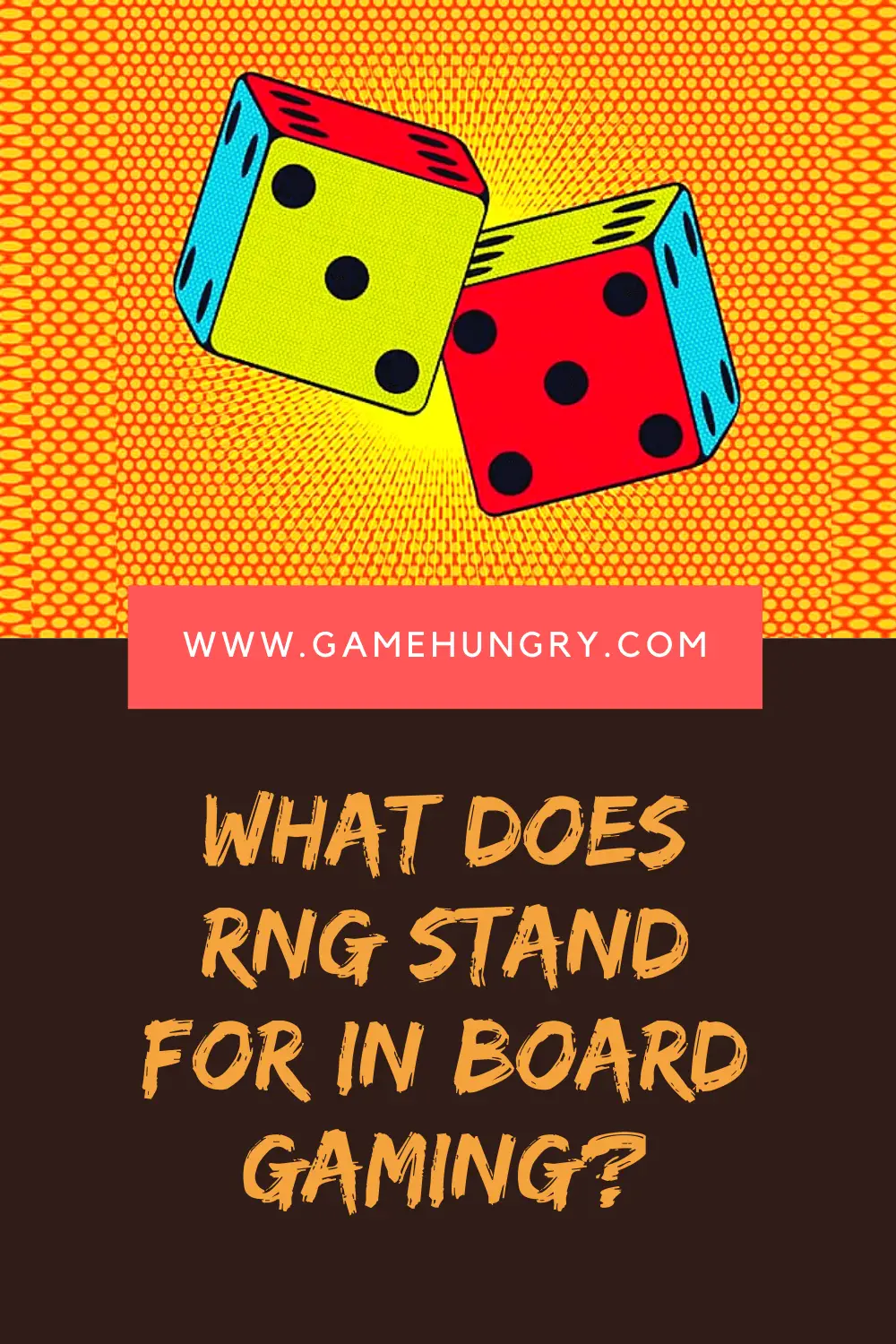RNG, or random number generation, represents the randomness factor most strategy games should have. This randomness factor requires the player to be aware of all facets of the game at all times. You’ve always got to consider the probability of potential outcomes.
The player also needs to think about all the past decisions they’ve made and future decisions to be made. An unexpected turn of RNG creates a change of pace for the players, throwing them for a loop and requiring a quick turnaround in their game tactic. This allows the game to balance itself by not letting the players follow one “meta” strategy/tactic,thereby not letting their power level careen.
Difficulty
While we are talking about the player power level, a deep strategy game needs to make it moderately difficult for people to rise in power. This means that RNG and optimal tactics should not allow a player to rise above his peers in just a few turns. There are many equalizer options and most of the deep, well-written strategy games use them.
Story-driven Random Number Generator
A truly deep, invested strategy game has something worth fighting for, a story setting written so well that every turn creates suspense among the players. A story where each character has a purpose and a meaning in that specific world. A story where, if you choose wisely you will be the one who rises to the top. On the other hand, if you choose poorly, that decision will haunt you.
While a story isn’t intrinsically tied to the depth of the game, it can serve as an inspiration for viable strategies. For example, in a game about wizards, it would seem off for an optimal strategy to include swinging around a sword.
Decision-based RNG
A game is only as deep as there are viable strategies in it. Monopoly, for example,isn’t tactically deep The “Buy all tiles and make hotels” strategy is straight-up optimal. Regardless of your RNG, that’s what you’ll be looking to do.
This makes the game more of a coin toss than a strategical challenge.A game such as Terraforming Mars, however,has a multitude of viable strategies. This causes game to be different, and creates the need to adapt on the fly to your opponent’s strategies. This is only possible because there are so many viable strategies to win, all of which have their pros and cons.
Taking these 4 elements together is the only way to achieve a strategically deep game like Gloomhaven, for which it has been hailed since its release. The intricate ways in which the RNG elements mix with the story and decision making earn it its rightful place among true board game classics.


